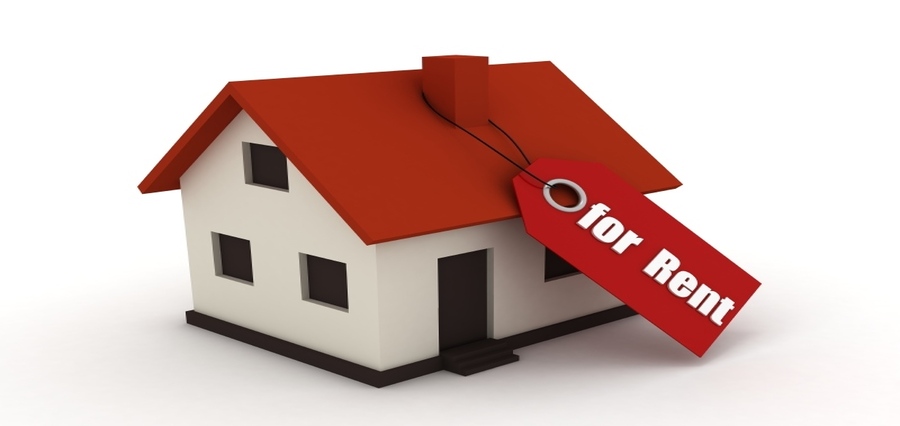Being a landlord comes with many responsibilities, and one important task is making your rental property comfortable and eco-friendly. When your property is energy-efficient, it benefits the environment, saves your tenants money on energy bills, and makes your property more appealing. But how can you make this happen? In this article, we will explore various ways landlords can assist their tenants in creating an energy-efficient rental property. Let’s dive in to find out more!
Conduct An EICR For Electrical Safety
Before embarking on energy efficiency improvements, prioritise the safety of your rental property by obtaining an Electrical Installation Condition Report (EICR). By addressing any electrical safety issues identified in the EICR, you create a secure foundation for energy-efficient upgrades.
When getting an EICR, consider enlisting the services of reputable electricians like the ones from Trade Facilities Services, who will work alongside you to resolve any safety concerns promptly. Visit their website to learn more and see how doing so could protect your tenants and lay the groundwork for safely implementing energy-efficient measures.
Install Energy-Efficient Lighting
Another way that landlords can encourage their tenants to live more sustainably is by updating their lighting. LED bulbs are one of the most popular eco-friendly options since they use less energy and last longer than traditional bulbs, reducing energy consumption and lowering electricity bills. You could kickstart this change by offering to replace outdated bulbs with energy-efficient alternatives.
Educate Tenants On Energy-Saving Practices
Promote energy-saving habits by educating your tenants about simple but effective practices. Encourage them to turn off lights and appliances when not in use, unplug electronic devices, and adjust thermostats wisely. Small changes in daily habits can significantly affect energy consumption and overall energy efficiency.
Invest In Energy-Efficient Appliances
Consider upgrading appliances in your rental property to energy-efficient models. Energy Star-certified appliances consume less energy, contributing to substantial energy savings for your tenants. Moreover, modern appliances often have advanced features that enhance convenience and reduce energy consumption.
Weatherproof And Insulate
Work with your tenants to weatherproof and insulate the rental property effectively. Simple measures such as sealing drafts around windows and doors, adding weather stripping, and installing proper insulation can significantly improve energy efficiency by keeping the property cooler in summer and warmer in winter.
Offer Incentives For Energy Savings
Consider providing incentives for tenants who actively participate in energy-saving efforts. Offering rewards for reduced energy consumption or energy-conscious practices can encourage tenants to be more mindful of their energy use and contribute to overall energy efficiency.
Regular Maintenance And Upkeep
Ensure your rental property receives regular maintenance and upkeep to optimize energy efficiency. This includes servicing heating and cooling systems, cleaning air filters, and inspecting water heaters. Properly maintained systems operate more efficiently and help reduce energy wastage. If you require assistance with electrical maintenance or have specific concerns about your property in a city like Los Angeles, don’t hesitate to get in touch with a professional electrician. Their expertise can ensure your electrical systems contribute to the overall energy efficiency of your rental property.
Explore Renewable Energy Options
If feasible, explore renewable energy options for your rental property. Installing solar panels, for example, can help generate clean and sustainable energy, reducing reliance on traditional energy sources and lowering energy costs for your tenants


